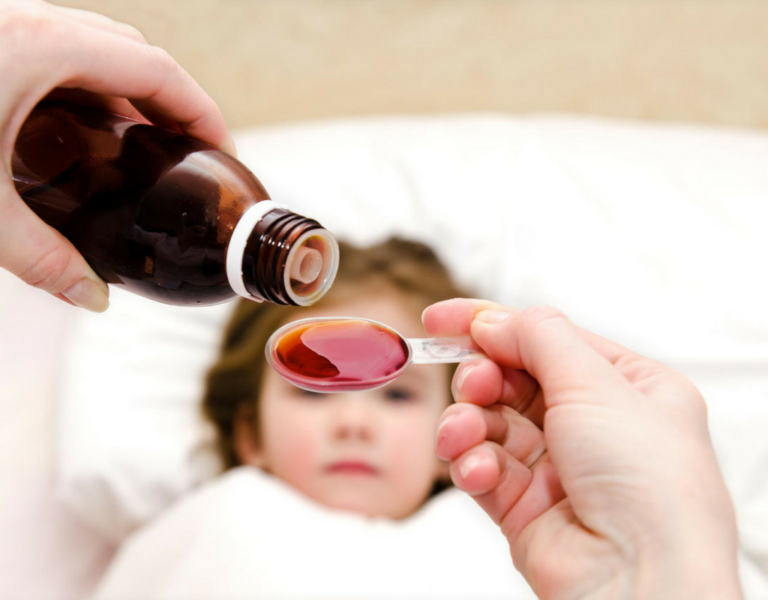Navigating teen sexual health can feel overwhelming for both parents and adolescents. Conversations around relationships, identity, and safe practices are crucial to ensuring that teens make informed, responsible decisions about their health and well-being. At South Riding Pediatrics, we believe in providing parents and teens with reliable, nonjudgmental information to foster open and supportive communication.
This resource is designed to address key aspects of teen sexual health, including safe sex practices, STI prevention, birth control options, and how parents can approach these discussions in a positive, inclusive way.
For Teens: What You Need to Know
1. Understanding Sexual Health
Sexual health is about more than just preventing pregnancy and infections—it’s about understanding your body, consent, boundaries, and emotional well-being. A healthy perspective on sex means being informed, making choices that align with your values, and feeling empowered to advocate for yourself in relationships.
2. Safe Sex Practices
Practicing safe sex means taking steps to reduce the risk of sexually transmitted infections (STIs) and unintended pregnancy. Key practices include:
Using Barrier Protection: Condoms (external and internal) and dental dams help reduce STI transmission and pregnancy risk.
Getting Regular STI Screenings: Many STIs can be asymptomatic, so regular testing is essential, especially if you’re sexually active with new or multiple partners.
Being Open with Your Partner: Honest discussions about protection, STI testing, and boundaries help create healthier, safer relationships.
3. STI Prevention and Detection
Common Sexually Transmitted Infections (STIs): Chlamydia, gonorrhea, HPV, herpes, HIV, and syphilis are some of the most common STIs among teens. Many are treatable, and HPV can be prevented with a vaccine.
Symptoms: Some STIs have visible symptoms (sores, discharge, pain), but many do not. Regular screening is the best way to detect and treat infections early.
Prevention: Besides condoms, pre-exposure prophylaxis (PrEP) is available for those at high risk of HIV, and the HPV vaccine helps prevent cervical cancer as well as mouth and oral cancers.
4. Birth Control Options
Long-Acting Reversible Contraceptives (LARCs): Intrauterine Devices (IUDs) and Contraceptive Implants that go under the skin (e.g., Nexplanon) provide years of protection with high effectiveness.
Hormonal Options: Oral birth control pills (OCPs), the patch, Progestin injection (DepoProvera), and vaginal ring work by regulating hormones and preventing ovulation.
Barrier Methods: Condoms and diaphragms provide protection when used correctly.
Emergency Contraception: Plan B and other emergency contraceptive pills are available over the counter for pregnancy prevention after unprotected sex.
For Parents: Navigating Conversations About Sexual Health
1. Creating a Safe Space for Discussion
Many parents worry about how to bring up topics related to sex, gender, and relationships. Here are some tips to make these conversations easier:
Start Early & Keep It Ongoing: Discussions about body autonomy, consent, and relationships should begin in childhood and evolve as your teen grows.
Use Correct Terminology: Teaching accurate names for body parts and functions helps remove stigma and promotes body confidence.
Be a Judgment-Free Zone: Teens are more likely to come to you for advice if they feel safe from criticism.
2. Talking About Gender Identity and Sexual Orientation
Teen years are a time of self-discovery, and for many, that includes exploring gender identity and sexual orientation. Parents can support their teens by:
Listening Without Judgment: Let your teen express their feelings and identity without fear of disapproval.
Using Inclusive Language: Instead of assuming heterosexuality, use terms like “partner” instead of “boyfriend/girlfriend.”
Educating Yourself: Learning about LGBTQ+ topics helps parents better understand and support their children.
3. Discussing Sexual Activity and Relationships
It’s natural to want to protect your teen from risks, but conversations should focus on equipping them with knowledge rather than instilling fear.
Encourage Critical Thinking: Instead of only saying “don’t,” help them evaluate their own readiness for sexual activity.
Emphasize Consent and Boundaries: Teach your teen that consent is an ongoing process and that they have the right to set boundaries.
Help Them Find Trusted Resources: If they aren’t comfortable talking to you, direct them to doctors, counselors, or credible websites.
4. Where to Find Reliable Information and Support
Medical Professionals: Pediatricians, gynecologists, and urologists and provide confidential care and advice.
Online Resources:
Local Health Services: Many clinics, non-profit organizations, and pharmacies provide free or low-cost STI testing, contraception, and counseling. Visit this Virginia Department of Health resource to find locations near you.
Teen sexual health is a critical aspect of overall well-being, and open communication between parents and teens can lead to safer, healthier choices. Whether it’s discussing birth control, STIs, or identity, creating an environment of trust and understanding will help your teen navigate these topics with confidence.
At South Riding Pediatrics, we’re here to support families with evidence-based guidance and compassionate care. If you or your teen have questions about sexual health, schedule an appointment with us today.





